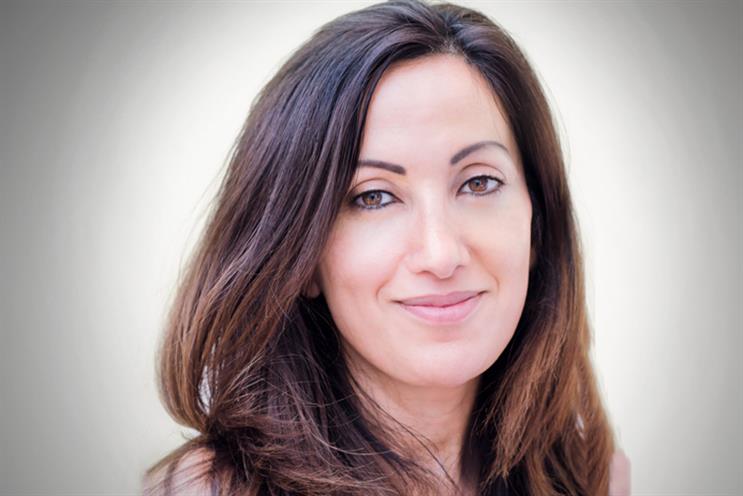
It's so easy, isnt it.
Blue for a boy. Pink for a girl.
Action hero for Tom. Barbie doll for Laura.
Often subconsciously, as parents and relatives, we’re all guilty of playing into these gender stereotypes. But there’s no such thing as girls’ toys or boys’ toys, in the same way there’s no such thing as girls’ jobs or boys’ jobs.
Watch the film by MullenLowe London made for the charity Inspiring the Future. When primary school children were asked to draw a firefighter, a fighter pilot and a surgeon, 66 pictures were drawn of men and only five were female. Once they’re introduced to Tamzin a surgeon, Lucy a firefighter and Lauren an RAF pilot and draw these roles again, the gender split is more equal. Role models are vital – if we can’t see "someone like me" at the top of their profession, there is nothing to aspire to.
It doesn’t get easier when girls start secondary school. In 2016, Microsoft conducted a pan European study of 11,500 women aged between 11 and 30 . They found that UK girls are interested in STEM (Science, Tech, Engineering & Maths) subjects before the age of 11. This drops significantly after the age of 16, with less than half (43%) considering a career in STEM. Girls cited a lack of female role models in STEM as a key reason they didn’t follow a career in the sector.
Career choices kick in during the early to mid teens. Given the future careers will be in and around the digital economy, we need to understand and change this. More relatable female role models taking an active role in helping drive ambition in young girls and young women. This needs to happen all the way from the classroom to the workplace.
There are 427,000 professional women on a career break who want to return to the workforce in the future
We are these role models, as individuals and the organisations we work at and represent. We must take responsibility for ensuring this happens. One of the ways ITV is doing this is to actively reach out to organisations supporting seven to 24-year-olds, to educate them on the career choices available to them. We recently got involved in Your Future, Your Ambition, an initiative that aims to inspire, engage and excite school children about Science & Engineering, promoting careers in STEM to kids from diverse backgrounds, and to encourage industry opportunities for 17+ adults.
It's not just the kids. We recently had a group of mums and babies come into ITV on a field trip from "Mums in Technology". They’re a baby-friendly coding school designed to give mums opportunities that fit around their family schedules. I know there’s a similar initiative from Digital Mums, which offers mums work in social and digital media, that fits around their life. According to a recent PWC report, there are 427,000 professional women on a career break who want to return to the workforce in the future. How flexible are your working policies with returning mums? What proportion of your leadership teams are working mums? Do you promote the benefits of shared parental leave across your organisation and do the workforce understand this to be an option?
There are countless arguments for diversity breeding creativity and as such, it should be woven into your organisation and the way you do business. We work in the creative industries, so diversity should be a no brainer. But it can’t be passive, we can’t expect it to just happen, it needs employees to be active and call for it. Equality and attitudes to gender in the workplace have moved on immensely, but it’s not a closed book.
For me, I want to make a difference. I want equality and equal opportunities. I want young people to know the full spectrum of options are open to them, and working women to have countless possibilities too. It's not about gender alone, it's about making it a level playing field for everyone. I want to see a day where if you’re applying for a job, it doesn’t matter about your social grade, your ethnicity, or your gender.
We’re all agents of change and it’s our responsibility – whatever our backgrounds – to make this happen.
Faz Aftab is speaking at ‘BloomFest’ on 2 November, the inaugural conference from women’s network Bloom. For information on buying tickets visit .

